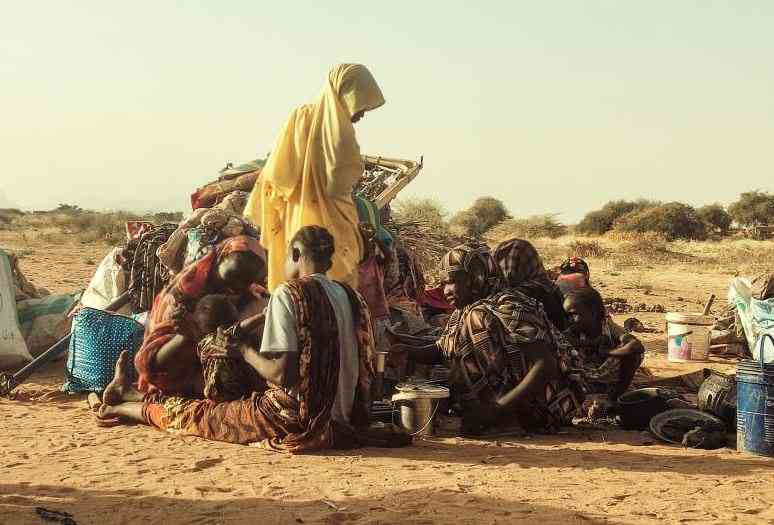Those who do not learn from history, said philosopher George Santayana, are bound to repeat it. This means it is critical to learn from our past mistakes to avoid making them again. The history of the Geneva Conventions of 1949 is rooted in awareness of the devastating effects of war. During times of armed conflict, civilians sadly bear the greatest brunt of hostilities. While the theatres and methods of wars may change, this sad truth remains the reality of conflicts.
Yet, the universal ratification of the Geneva Conventions is a strong indicator of a global consensus that even wars have limits. They emphasise that despite the circumstances, we must always be guided by humanity and respect for human dignity.
As we mark 76 years since their adoption, these conventions continue to form the cornerstone of contemporary International Humanitarian Law (IHL), protecting those who are not or are no longer participating in hostilities. It regulates the conduct of warring parties during armed conflicts by limiting the means and methods of warfare with the aim of saving lives and reducing suffering. The entire humanitarian law framework is designed to preserve humanity by ensuring that everyone – even an enemy – is recognised as a human being.
IHL is a formal expression of universally shared and deeply rooted human values. As history has recorded, wars have always had rules that govern how they are fought and how vulnerable populations must be protected. These include protections for civilians, including women and children, prisoners, the wounded and sick fighters. Building on traditions, norms and cultures, IHL complements and strengthens the rules of war that predated its codification, forming a common heritage for humanity.
Follow The Standard
channel
on WhatsApp
There has been a marked increase in the number and intensity of conflicts this decade. The International Committee of the Red Cross (ICRC) now classifies about 130 armed conflicts in the world. This is more than last year and significantly more than 25 years ago. Additionally, the number of armed actors involved in these conflicts is also rising. For example, we are witnessing more people living under the control of non-state armed groups. An estimated 210 million people reside in areas fully controlled or contested by such groups, nearly half of whom are in Africa.
War knows no borders. Its consequences extend beyond national boundaries. They manifest through refugee crises, economic ripple effects that impact global markets and new security threats. The horrors of war that the world has witnessed in recent years create the impression that IHL is no longer relevant or respected. This, however, could not be farther from the truth. Unfortunately, the devastating effects of wars, both before 1949 and today, remain strikingly similar: Countless lives have been lost, unimaginable suffering has been endured, families have been torn apart, and communities are grappling with long-term impacts.
That said, IHL is a practical, realistic body of law, born on the battlefield to reduce and respond to its excesses. It remains as relevant today as it did in 1949, and respect for its rules ensures lives are saved, families are reunited with their loved ones and detainees are treated with dignity. These objectives underscore that IHL acts as a crucial brake on inhumane behaviour during conflicts. Despite a seeming hopelessness at times, these rules remain essential, and the world would be far worse off without them.
Unfortunately, we are far from achieving universal respect for IHL and much more needs to be done to ensure greater compliance with these life-saving rules. In a polarised world, while universal adherence may seem complex, it is neither an impossible ideal nor naïve optimism. The ratification of the Geneva Conventions serves as a powerful reminder that every state has committed to the legally binding obligation of limiting the human cost of war.
States and parties to conflicts today must lead by example and cultivate a global culture of compliance with IHL. To adequately prevent IHL violations, respect for its principles must be enshrined in domestic frameworks well before a conflict erupts.
Follow The Standard
channel
on WhatsApp
By Marie Dubeau


